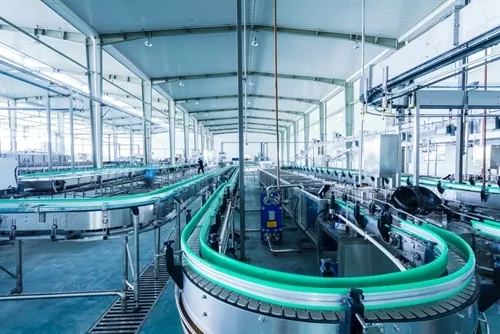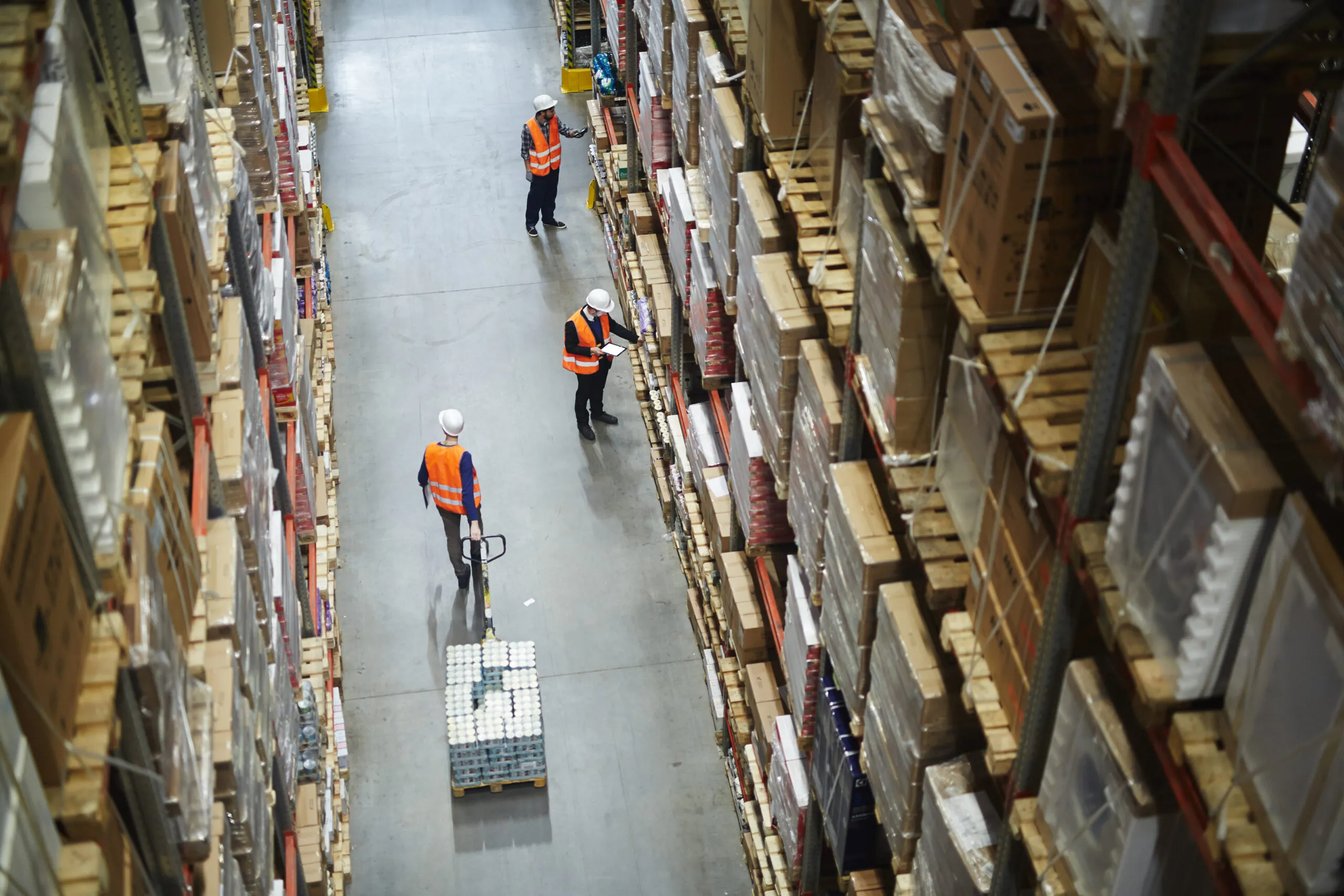
What Agile Manufacturing Means for Your Warehouse
The term “agile manufacturing” refers to processes and methodologies within the manufacturing world that allow companies to remain adaptive in a changing industry. According to the Houston Chronicle, while lean and agile manufacturing processes have different qualities, both have helped manufacturing companies achieve reduced costs, quicker response time and improved customer service.
The term came to be in use in the early 1990s. Forbes reported agile strategies actually didn’t have roots with manufacturers themselves – it was first accepted by IT professionals within the industry. Today, in keeping with its IT roots, agile manufacturing is made possible by enterprise resource planning solutions.
When companies can more easily respond to customers and streamline their manufacturing processes, they can enjoy reduced costs and, in the long run, higher bottom lines. Software solutions have allowed companies to achieve “disciplined execution and continuous innovation,” according to Forbes, which is beneficial for companies to remain competitive and relevant in a quickly changing industry.
How it Works
Agile manufacturers design their production lines with the idea in mind that things change – they want to be able to quickly change processes in the event that new, better ways of manufacturing come along that can propel businesses into higher profits if implemented correctly.
For example, in the pharmaceuticals industry, there has been a lot of talk lately about batch versus continuous manufacturing, according to FiercePharma. In batch, ingredients are added and mixed in groups, which means the process has to start and stop at intervals so that more ingredients can be added.
With continuous, however, things move along at a steady pace and don’t require processes to be stopped, much like the way food is manufactured. This has the potential to reduce costs, and agile pharmaceutical companies will be more able to adopt continuous practices.
Ultimately, according to the Houston Chronicle, agile manufacturing is focused on business sustainability. When the manufacturing process is able to adapt to new methods and technology, more products can be sold and more business can be conducted. But what happens to the supply chain when your company’s agile manufacturing capabilities lead to changes at the production level?
How Mobile Data Collection Can Help
When manufacturing processes are streamlined and easily changeable to accommodate shifts within the industry, warehouses and distribution centers need to be able to keep up with what could become a new influx of products or new warehouse implementations.
This is where mobile data collection comes in. When your ERP solution is connected to your data collection software, there is a better chance that your employees will be able to identify and pick items in a more streamlined manner.
Agile companies will need efficient inventory control techniques if they want to be able to stay on top of their own businesses. Changes in the way items are manufactured will impact how much and how quickly items move through the supply chain, and will be an easier, quicker way for warehouse managers to know what’s on their shelves.
FAQs
1. How does agile manufacturing differ from lean manufacturing?
Agile manufacturing focuses on adapting quickly to changing customer demands and market trends, while lean manufacturing emphasizes reducing waste and improving efficiency. Implementing agile manufacturing processes allows businesses to respond to high consumer demand while maintaining quality and driving continuous improvement.
A hybrid lean agile strategy combines agile methodology with lean practices to optimize production processes and enhance manufacturing agility. This approach enables agile manufacturers to balance cost-effectiveness with the flexibility to adapt to customer needs and evolving production capacities, leading to significant competitive advantage in the manufacturing sector.
2. How can agile manufacturing systems improve supply chain efficiency?
Agile manufacturing systems enhance supply chain efficiency by streamlining production lines and integrating flexible systems for rapid prototyping and production management. These systems allow businesses to quickly adjust to changing customer demands, ensuring that production managers can align schedules to market trends and improve customer satisfaction.
Software solutions play a crucial role in agile manufacturing environments by supporting real-time inventory management and improving collaboration across corporate partners. By leveraging agile methods and aligning production processes with agile manufacturing techniques, companies can achieve continuous improvement and gain a significant competitive advantage.
3. What is an agile manufacturing example in the pharmaceutical industry?
In the pharmaceutical sector, agile manufacturing is exemplified by the shift from batch to continuous manufacturing, reducing production schedules and minimizing high labor costs. This agile process allows companies to meet increasing customer preferences for faster delivery and improved quality, driving revenue growth.
By adopting agile manufacturing techniques and focusing on key principles such as flexibility and continuous improvement, pharmaceutical companies can ensure sustained competitive advantage. This agile manufacturing example highlights how agile manufacturers leverage agile manufacturing systems to stay ahead of market trends and evolving customer needs.
4. How can mobile data collection support an agile manufacturing environment?
Mobile data collection enhances agile manufacturing environments by providing real-time visibility into production lines and inventory management. This technology management solution ensures that agile teams can quickly identify and resolve manufacturing challenges, improving production management and customer satisfaction.
Integrating mobile data collection with ERP software development increases cross-functional collaboration and helps agile organizations meet customer order cycles. This agile approach supports production managers in maintaining quality while responding to fluctuating customer demands and evolving production capacities, creating a competitive edge for agile manufacturers.
5. Why is implementing agile manufacturing important for competitive advantage?
Implementing agile manufacturing allows companies to adjust their production capacities and organizational structures to better align with changing market demands and customer needs. This agile methodology supports rapid prototyping, additive manufacturing, and agile production, enabling businesses to innovate and drive revenue growth.
Agile manufacturers who focus on knowledge culture, agile principles, and software solutions can enhance production management and maintain a competitive edge in the manufacturing sector. By adopting flexible systems and aligning production lines with agile principles, businesses can meet customer needs, address manufacturing challenges, and achieve sustained success across diverse industrial sectors.

Manufacturer’s Guide to Inventory Visibility
Learn how cutting-edge mobile barcoding technology extends ERPs to elevate efficiency, inventory visibility and social distancing.







